-
Doctors
-
Specialities & Treatments
Centre of Excellence
Specialties
Treatments and Procedures
Hospitals & Directions HyderabadCARE Hospitals, Banjara Hills CARE Outpatient Centre, Banjara Hills CARE Hospitals, HITEC City CARE Hospitals, Nampally Gurunanak CARE Hospitals, Musheerabad CARE Hospitals Outpatient Centre, HITEC City CARE Hospitals, Malakpet
HyderabadCARE Hospitals, Banjara Hills CARE Outpatient Centre, Banjara Hills CARE Hospitals, HITEC City CARE Hospitals, Nampally Gurunanak CARE Hospitals, Musheerabad CARE Hospitals Outpatient Centre, HITEC City CARE Hospitals, Malakpet Raipur
Raipur
 Bhubaneswar
Bhubaneswar Visakhapatnam
Visakhapatnam
 Nagpur
Nagpur
 Indore
Indore
 Chh. Sambhajinagar
Chh. SambhajinagarClinics & Medical Centers
Book an AppointmentContact Us
Online Lab Reports
Book an Appointment
Consult Super-Specialist Doctors at CARE Hospitals
Tension Headache: Symptoms, Causes, Treatment and Home Remedies
Updated on 19 November 2024
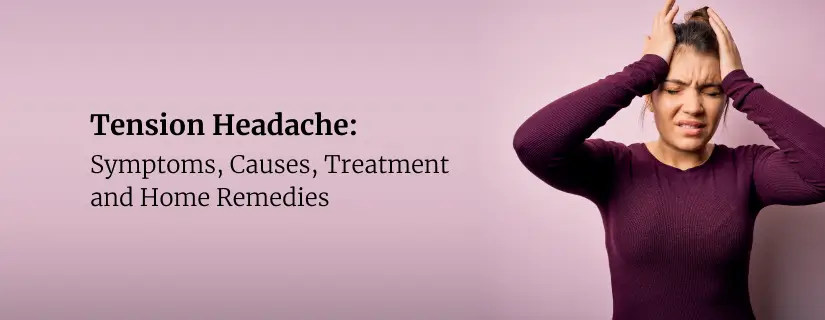
Have you ever felt a tight band squeezing your head? That's the hallmark of tension headaches, a common yet often overlooked health issue. These headaches affect millions worldwide, causing discomfort and disrupting daily life. While they might seem like a minor nuisance, tension headaches can significantly impact one's quality of life and productivity.
Let's understand what hypertension headaches are and explore their types, causes, and symptoms. We'll also delve into natural ways to relieve tension headaches and tips to prevent these headaches.

What are tension headaches?
They are the most prevalent type of headache. They cause mild to moderate pain that gives a feeling of a tight band wrapped around your head, putting pressure on the forehead and temples. Tension headaches are seen at any age but are most prevalent in adults and older teens. Despite their prevalence, the exact causes of tension headaches are not well understood. However, stress can be considered as the most common trigger. Tension headaches can be challenging to distinguish from migraines, but they typically do not involve visual disturbances, nausea, or vomiting.
Types of Tension Headaches
Tension headaches are classified into two main categories:
- Episodic Tension Headaches: Episodic headaches occur less than fifteen days a month and can last from thirty minutes to a week. They are characterised by a feeling of pressure or tightness around the head, often described as a tight band. These headaches are moderate in intensity. They generally do not worsen with physical activity.
- Chronic Tension headaches: They occur for more than 15 days a month for at least three months. They can last for hours or even be constant, causing a significant impact on daily life. Chronic tension headaches may also be accompanied by mild nausea, making them more debilitating than their episodic counterparts.
Both types of tension headaches are more prevalent in women, affecting up to 65% of cases.
Causes of Tension Headaches
Tension headaches have a variety of triggers, making them challenging to avoid entirely.
- Tension headaches often occur when neck & scalp muscles become tense or contract. This muscular tightening can be a response to stress, depression, or anxiety.
- Physical factors also play a role. Activities that keep the head in one position for extended periods, such as computer work or using a microscope, can lead to tension headaches.
- Lifestyle factors like excessive smoking, alcohol use, and caffeine consumption or withdrawal can also trigger these headaches.
- Underlying health issues such as colds, flu, or sinus infections may contribute to tension headaches.
- Other potential causes include sleeping in a cold room or with an awkward neck position, eye strain, and temporomandibular jaw disorder (TMJ).
Symptoms of Tension Headaches
The following are some common symptoms of tension headaches symptoms:
- A dull pain that feels like a tight band squeezing the head.
- The discomfort is often described as constant pressure, ranging from mild to moderate intensity.
- Tenderness in the neck & shoulder muscles and sometimes in the scalp
- The pain usually affects both sides of the head & can last anywhere from 30 minutes to several days.
- Sensitivity to light and sound
- Difficulty sleeping due to the persistent discomfort.
Diagnosis
Tension headaches are primarily diagnosed based on symptoms and a physical examination.
- Medical History: Doctors rely on the patient's description of pain to determine the type and cause of headaches. Key details to share include the pain's intensity, location, and characteristics. For instance, is the discomfort constant and dull or sharp and stabbing? Does it affect daily activities? Is the pain on one side or all over the head?
- Lab Tests: To rule out other conditions, doctors may order blood tests, sinus X-rays, MRI scans, or CT scans. These investigations help identify underlying issues that might be causing the symptoms. Tracking headache patterns in a diary can also aid in making an accurate diagnosis. The International Headache Society requires at least ten episodes for a tension headache diagnosis.
Treatment
The treatment of tension headaches involves both pharmacological and non-pharmacological approaches.
- Pharmacological Method:
- Over-the-counter pain relievers are often the first line of defense. These medicines can provide tension headache relief when taken at the onset of pain. However, follow dosage instructions given by your doctor carefully to avoid rebound headaches or organ damage.
- For frequent tension headaches, doctors might prescribe stronger pain relievers or preventive medications such as tricyclic antidepressants.
- Non-pharmacological Method:
- Lifestyle changes
- Stress management techniques
- Biofeedback
- Cognitive behavioural therapy
- Massage
- Chiropractic care
- Acupuncture
When to See a Doctor
While most tension headaches can be managed at home, certain situations warrant medical attention. Seek immediate care:
- If you experience a sudden, severe headache
- If headache is accompanied by confusion, slurred speech, or vision changes
- If you're over 50 and notice a change in your headache pattern
- Persistent headaches that worsen when lying down or standing up
- If you find yourself needing pain relief more than three days a week or if your usual tension headache treatments are no longer effective
Prevention
Preventing tension headaches involves adopting a healthy lifestyle and managing stress effectively. These may include:
- Regular exercise releases chemicals that block pain signals to the brain, helping reduce headaches' frequency.
- Eating nutritious foods on a schedule and staying hydrated are crucial.
- Taking enough sleep and maintaining a consistent sleep pattern, even on weekends, can also help.
- Be cautious of caffeine intake and avoid overusing pain medicines.
- Quitting smoking is beneficial, as nicotine reduces blood flow to the brain.
- Stress management techniques can be effective in preventing tension headaches. These may include simplifying your life, taking breaks, and easing muscle tension through heat application.
Home remedies for Tension Headache
Several natural remedies can help alleviate tension headaches. These include:
- Drinking the optimal amount of water is crucial, as dehydration often triggers head pain.
- A cold or warm compress over the forehead or neck can provide relief by constricting blood vessels or relaxing tense muscles.
- Resting in a dark, quiet room may ease symptoms, especially light-sensitive ones.
- Gentle massage of pressure points on the temples, jaw, or neck can release tension.
- Deep breathing, meditation & other relaxation techniques can reduce stress-related headaches.
- For some, caffeine in moderation may help, while others find relief through aromatherapy using essential oils like peppermint or lavender.
Conclusion
Tension headaches, while common, have a significant impact on daily life. Various factors, including stress, poor posture, and lifestyle habits, can cause them. Understanding the triggers and symptoms is crucial to manage these headaches effectively.
By adopting a healthy lifestyle, many people can reduce the occurrence of tension headaches. Remember, while tension headaches are often manageable at home, it's essential to consult a doctor if symptoms worsen or if headaches start to interfere with daily activities.
FAQs
1. How do I know if I have a tension headache?
Tension headaches generally cause a dull, aching pain that feels like a tight compression around the head. The discomfort is often described as constant pressure, ranging from mild to moderate intensity. Unlike migraines, tension headaches rarely cause nausea or vomiting. However, they may lead to sensitivity to light and sound. If you experience these symptoms, you might have a tension headache.
2. How long do tension headaches last?
Tension headaches last from half an hour to a week. The average duration of a single episode is about 4 to 6 hours. Episodic tension headaches occur for less than 15 days a month. On the other hand, chronic tension headaches occur 15 or more days a month for at least three months.
3. What is the primary cause of tension headaches?
The exact reason for tension headaches is not fully understood. However, stress can be considered as the most common causative factor. Other factors include poor posture, lack of sleep, dehydration, and muscle tension in the neck and scalp. Environmental factors like prolonged computer use or working in awkward positions can also contribute to tension headaches. Some studies suggest that vitamin deficiencies, particularly B12 and D, may play a role.
4. Are tension headaches serious?
While tension headaches can be uncomfortable and distressing, they are generally not considered serious. However, immediately consult a doctor if you experience frequent or severe headaches that disrupt your daily life. In rare cases, persistent headaches could indicate an underlying systemic condition requiring medical attention.
5. Can tension headaches be prevented?
Tension headaches can often be prevented through lifestyle changes and stress management techniques. Regular physical activity, a consistent sleep schedule, staying well-hydrated, and eating nutritious meals can help reduce the frequency of tension headaches. Stress management methods like meditation, relaxation exercises, and biofeedback may also be beneficial in preventing these headaches.
6. Are there any home remedies for tension headaches?
Several home remedies can help alleviate tension headaches. These include applying cold or warm compresses to the forehead or neck, practising relaxation techniques like deep breathing or meditation, staying hydrated, and gently massaging the temples or neck. Some people find aromatherapy with essential oils like peppermint or lavender helpful.
7. Can tension headaches be related to other health conditions?
While tension headaches are often standalone issues, they can sometimes be related to other health conditions. For example, temporomandibular joint (TMJ) disorders, sinus infections, or eye strain can trigger tension headaches.
To Book an Appointment, call:
ENQUIRY FORM
SELECT CATEGORIES
-
Neurosciences (16)
-
Neurology (37)
-
Neurosurgery (14)
-
Orthopaedics (48)
-
Oncology (33)
-
Obstetrics and gynecology (51)
-
Pulmonology (23)
-
Urology (20)
-
Nephrology (13)
-
Psychiatry (7)
-
Dietetics and Nutrition (111)
-
General Medicine (63)
-
Cardiac Sciences (30)
-
Vascular & Endovascular Surgery and Interventional Radiology (10)
-
Gastroenterology (46)
-
Endocrinology (23)
-
Plastic Surgery (10)
-
Critical Care Medicine (5)
-
COVID-19 (16)
-
Dermatology (16)
-
Emergency Care (1)
-
Ophthalmology (4)
-
Pediatrics (14)
-
Laparoscopic and Bariatric Surgery (8)
-
ENT (15)
-
Kidney Transplant (1)
-
Liver Transplantation and Hepatobiliary Surgery (5)
-
General Surgery (3)
-
Internal Medicine (5)
-
Medicine Information
Sinus Headache: Symptoms, Causes, Treatment and Home Remedies
Brain Herniation: Types, Symptoms, Causes and Treatment
YOU MAY ALSO LIKE
RECENT BLOGS
-

Direct Anterior Approach in Total Hip Replacement: Advantages and Challenges
10 April 2025
Read More
-

Zinc Deficiency: Signs and Symptoms, Causes, Treatment
9 April 2025
Read More
-

Chest Pain When Coughing: Causes, Treatment and Home Remedies
9 April 2025
Read More
-

12 Health Benefits of Eating Mushrooms
8 April 2025
Read More
-

7 Health Benefits of Blood Donation You Should Know About
8 April 2025
Read More
-

Implantation Bleeding Vs Periods: Know the Difference
28 February 2025
Read More
-

Bloating During Ovulation: Symptoms, Causes and Remedies
28 February 2025
Read More
-

Itching During Dengue: Causes, Treatment and Home Remedies
18 February 2025
Read More
Have a Question?
If you cannot find answers to your queries, please fill out the enquiry form or call the number below. We will contact you shortly.







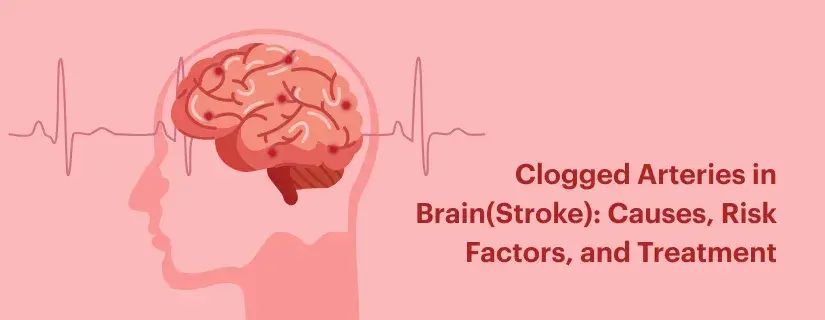


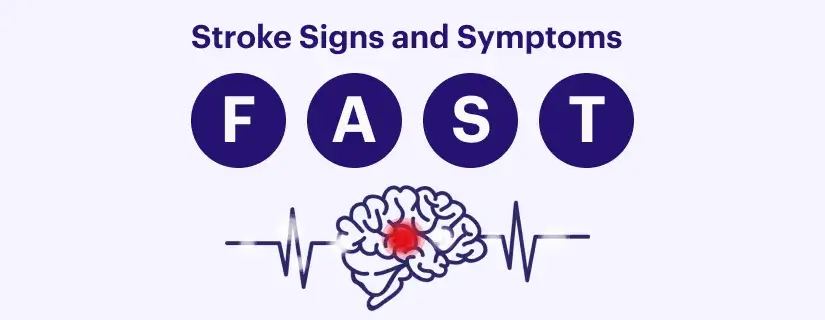


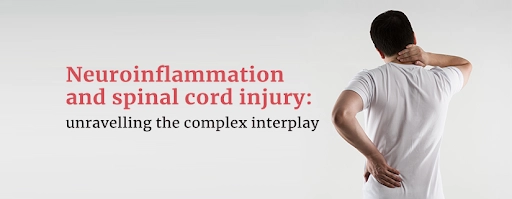
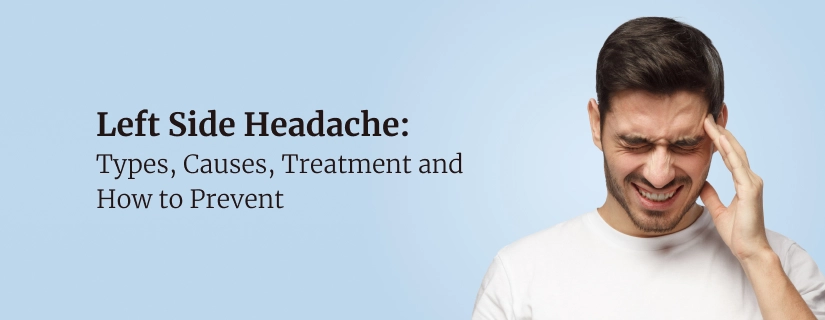
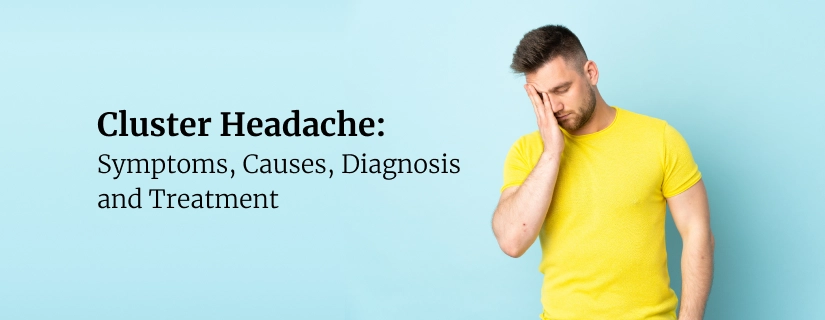

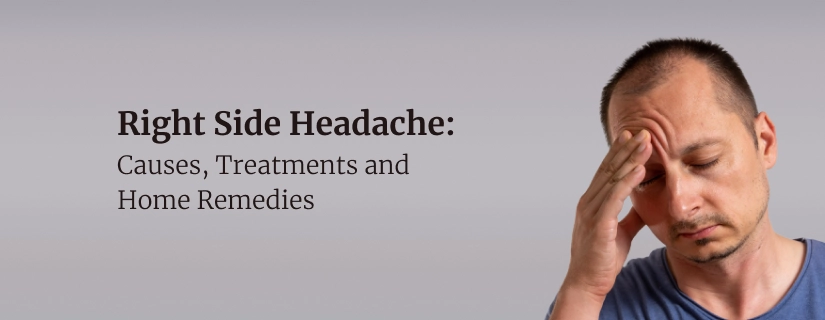

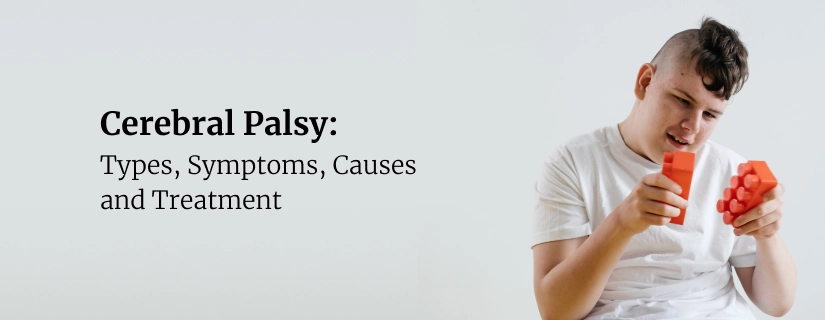
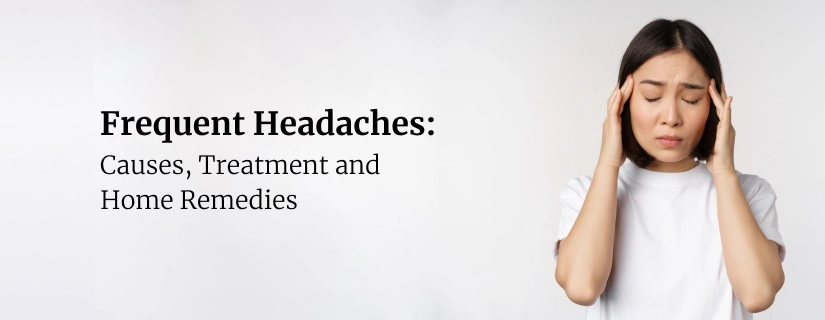
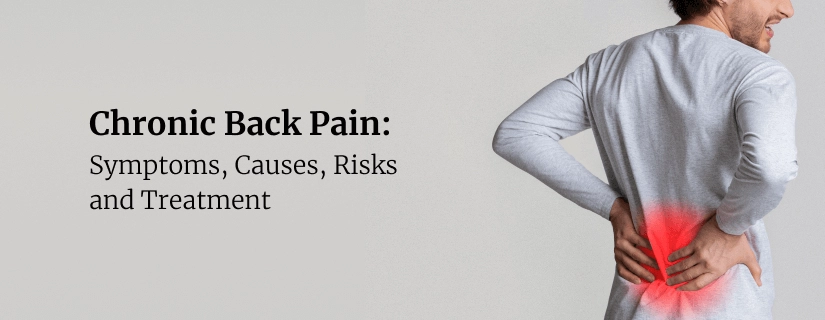

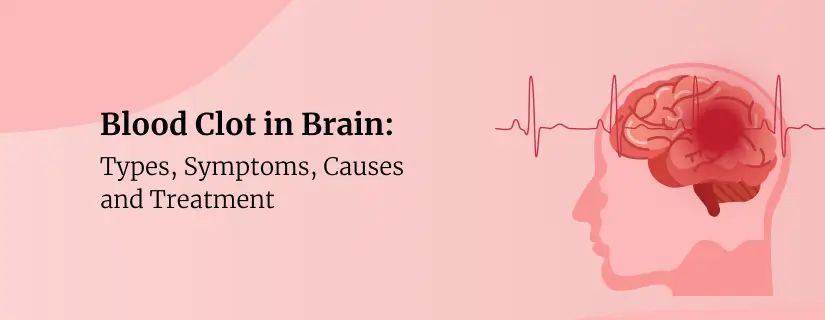

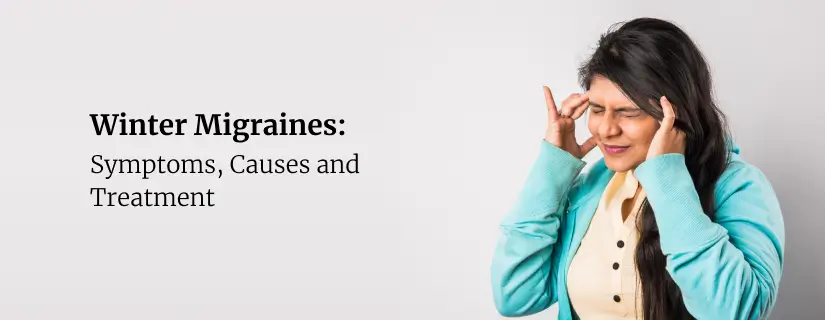

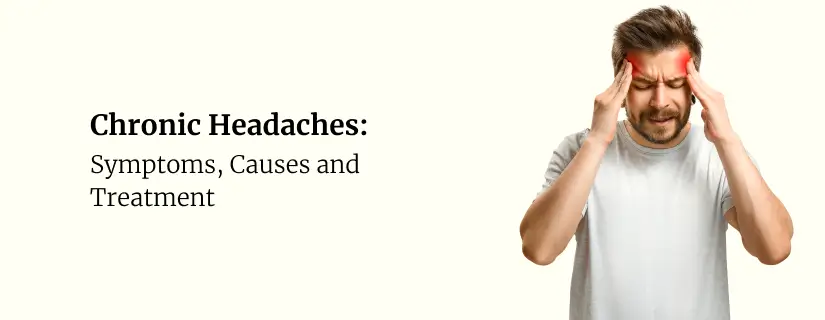
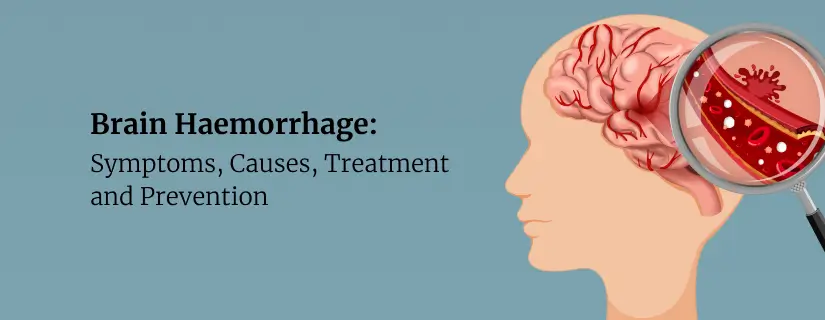
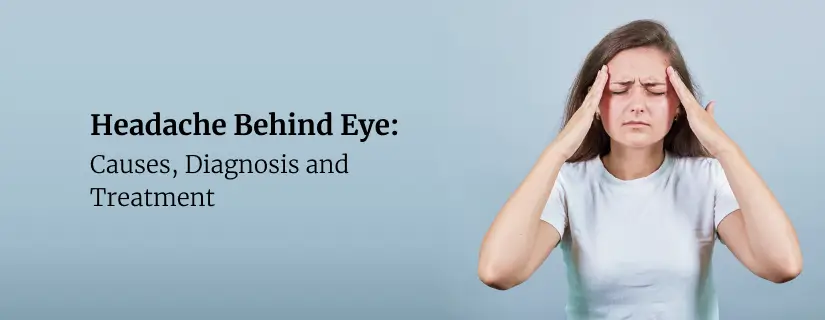

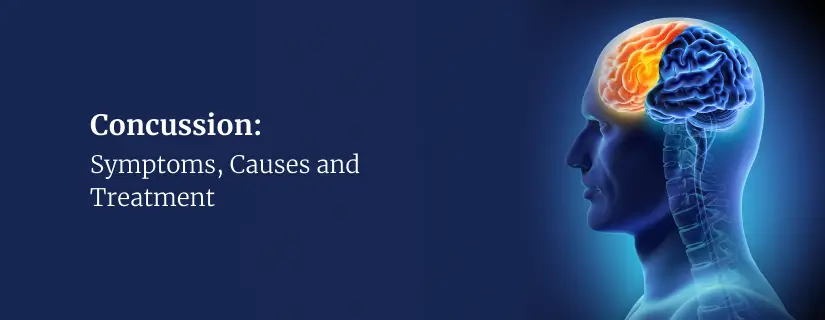

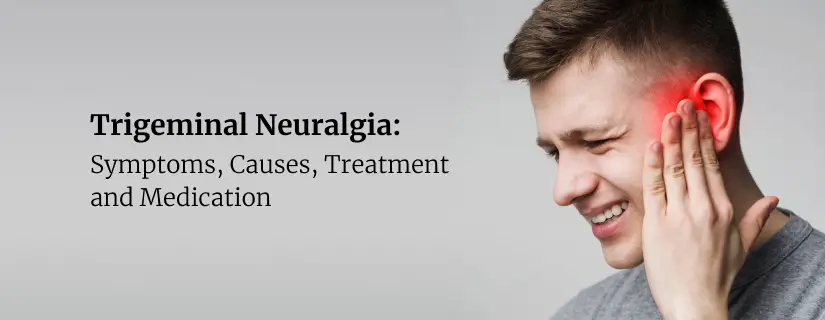

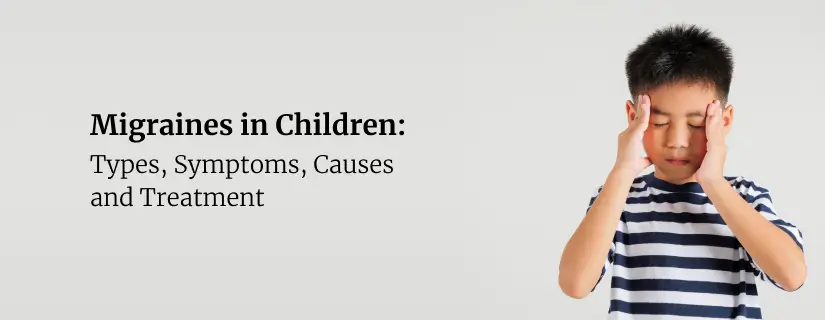
.webp)